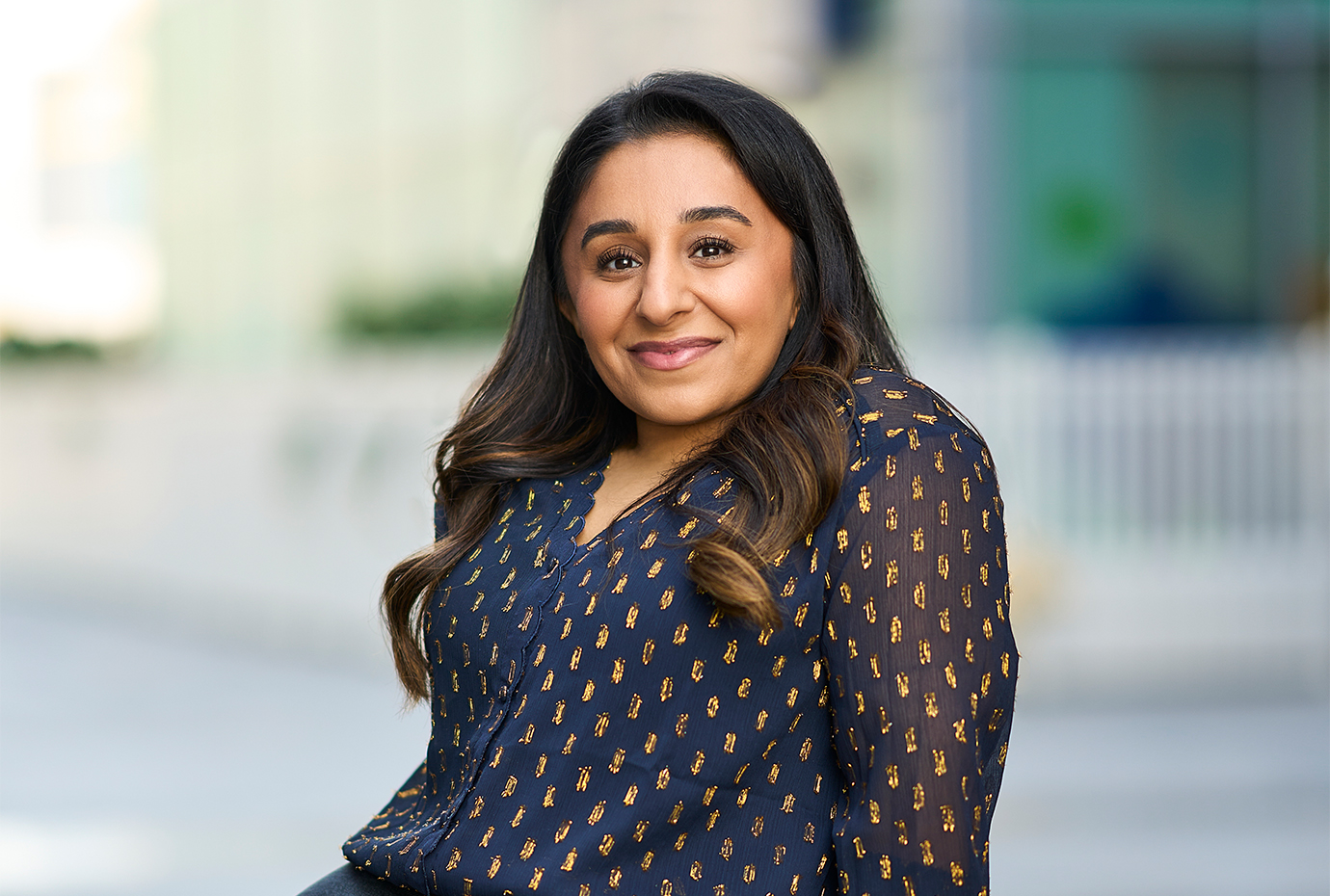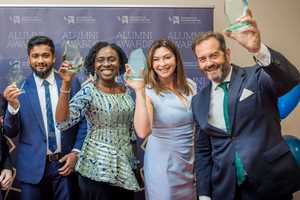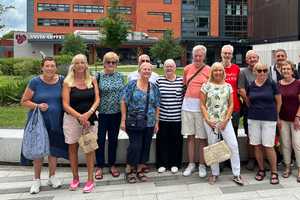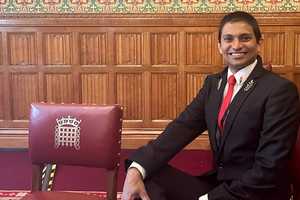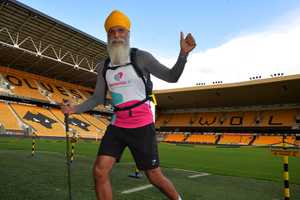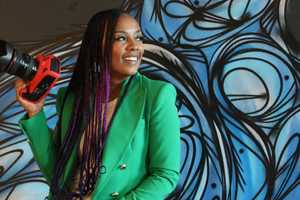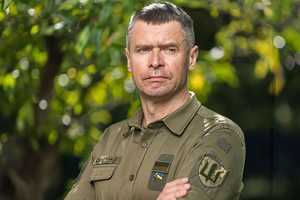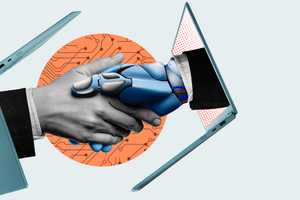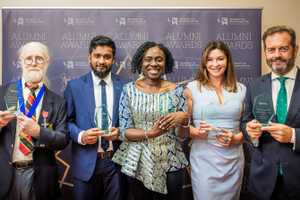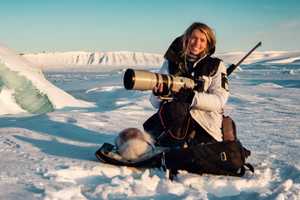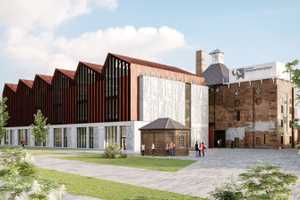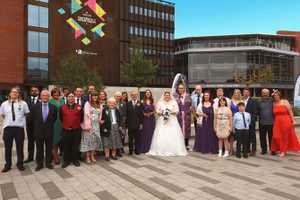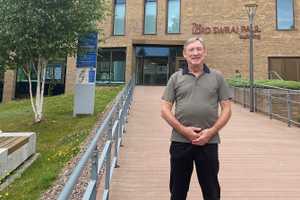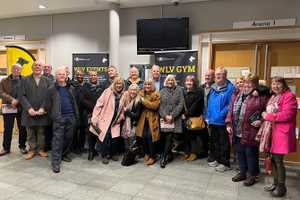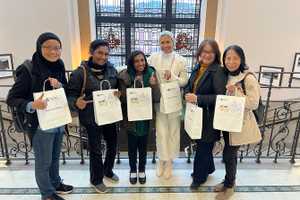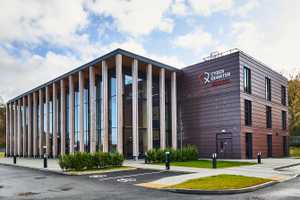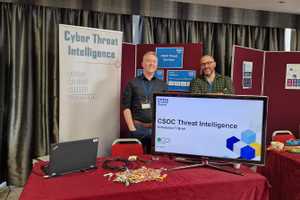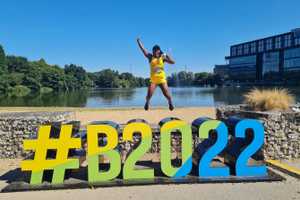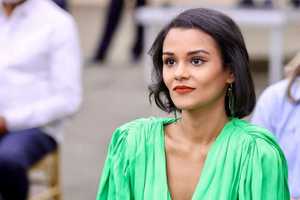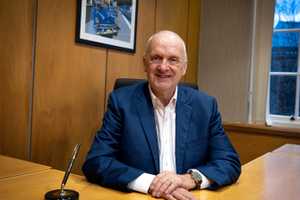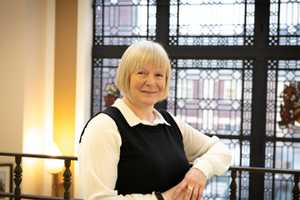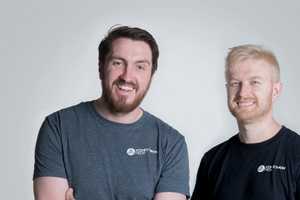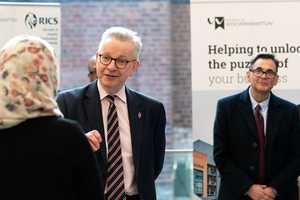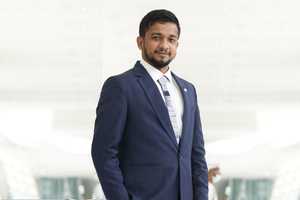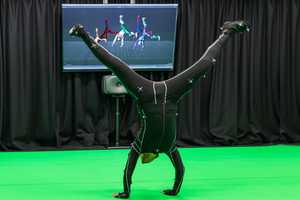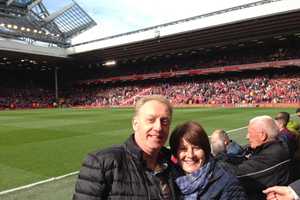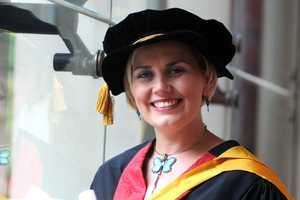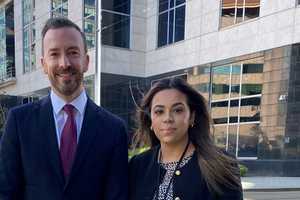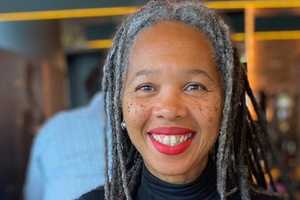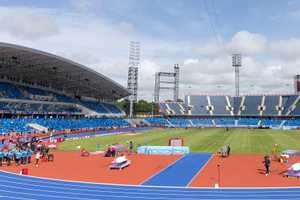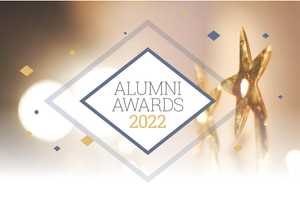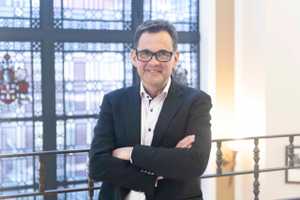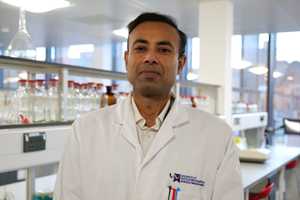"We’re not a monolith. I’m not a minority. What really disables me is society and bias."
These words come from 35-year-old Shani
Dhanda, the multi-award-winning inclusion specialist who says her mission is to help people understand that accessibility benefits everyone, and not just those considered ‘disabled’.
Shani, who is 3’10” and was born with a brittle bone condition, works an astonishing portfolio of broadcasting, journalism, public speaking, and more.
She has helped over 200 clients enlighten and improve their approaches to inclusion, such as Google, the BBC, Virgin Media, Facebook, and many other high-profile organisations. In the month following, Shani will film for This Morning, take part in London Fashion Week, go to Buckingham Palace for International Women’s Day, and visit the Houses of Parliament for another reception – but her remarkable career could so easily have never happened.
Shani attended a primary school specifically for people with special needs, which meant that the idea of people having different everyday requirements was normalised for her at a young age. But by the age of 11, when she entered a mainstream secondary school, she noticed that her experiences were different to many of her fellow students. Shani remembers: “At secondary school, we had a 15-minute appointment with a career advisor. I was a wheelchair user throughout my time at school, and the advisor didn’t ask me what I wanted to do. She didn’t ask me what my interests were. She just said, ‘You should try and apply for a job in the council, because they like to employ disabled people’."
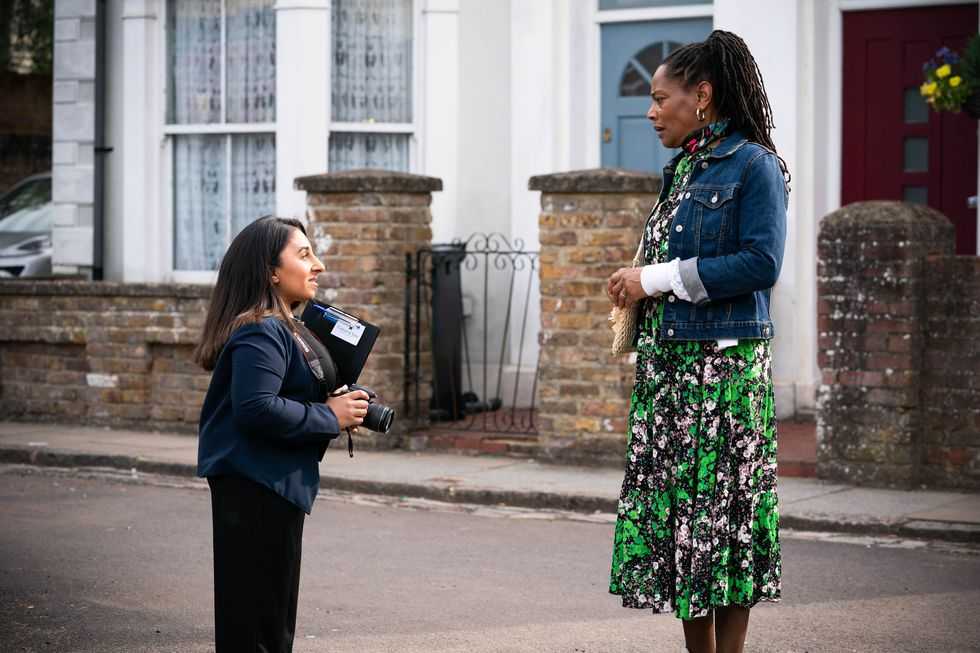
At the time, she was confused about why someone would say such a thing, but remained hopeful that the advisor’s attitude wasn’t widespread. However, there were more shocks to come, and when Shani left school at 16 it became impossible to deny that her career was never going to be a level playing field.
Having always been determined to live an independent life, Shani began jobhunting after school, but despite her suitability for the roles, she sent 100 applications without a trace of success. As an experiment, she removed a single sentence from her CV that mentioned her disability – and was immediately given an interview, followed by a job offer.
I didn’t understand how much stigma there was in society around employing disabled people.
Shani says: "People ask me now, why did you put that sentence on there? But I was naive. I was 16 and I have a very visible condition as I’m 3’10. I had included that line to help my prospective employer be more prepared, so I was doing it to be honest and helpful."
“I wish I could sit here and say that it’s no longer the case, but there are people out there with PhDs that can’t even get a job. So, you know, this stigma is still very such alive and kicking."
Shani’s recognition of these inequalities
led her to study at the University of
Wolverhampton, which took her towards a
career in events.
She says: “My skill set was so aligned
to being an event manager, in terms of
problem-solving, knowing what to do in a
crisis, and so on. Living with brittle bone
disease teaches all of that and I enjoyed a
10-year career with events."
“Throughout that time, I was also becoming a budding disability campaigner and I really wanted to find a way to make that my full-time job, like mixing my project and event management skills with my disability advocacy.”
Shani hated public speaking when she first began, but soon came to realise that her story had impact. Whenever she recounted her personal stories to an audience, they listened and responded well. While she took public speaking seriously, it was only a fortunate scroll through LinkedIn that landed her with a full-time career dedicated to the field she is most passionate about.
She continues: “I came across a job at Virgin Media, as a disability programme manager. You know when you see a job advert and you’re like, ‘Oh my God, that’s my dream job,’ but you also think ‘Oh, I’ll never get it.’ Well, I got it."
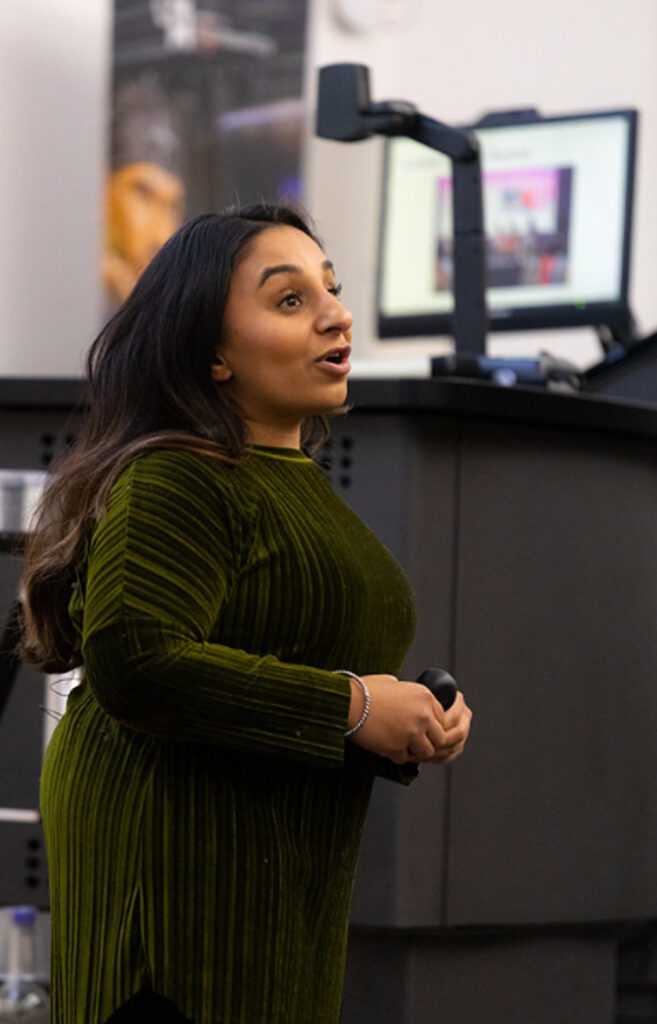
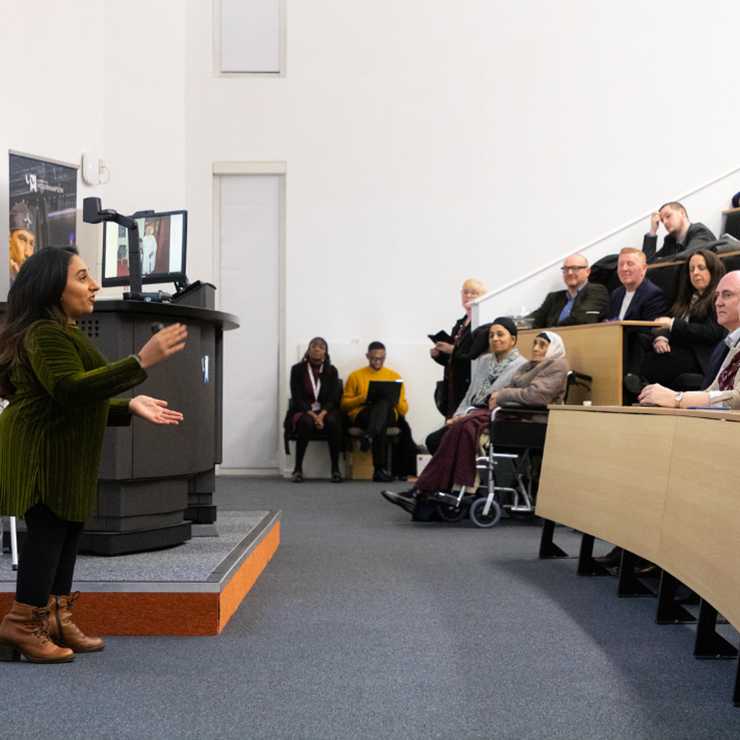
While Shani still remains employed by Virgin, her career has blossomed into a varied lifestyle driven by a determination to create real societal change.
Throughout her journey, she has founded numerous organisations with the aim of improving representation and challenging social inequality. The Asian Disability Network is an educational support platform for people who face stigma due to their ethnic and cultural identities; the Asian Woman Festival is the first-of-its-kind annual festival that reaches over 38 countries worldwide; and Diversability is the world’s first inclusive platform for disabled people, which aims to reduce the financial pressures that arise due to living with a health condition or impairment.
Shani’s work and message is clear: accessibility benefits all and society needs to consider the needs of everyone, and not just those considered “non-disabled”.
She says: “We have to remember that it wasn’t long ago when disabled people were being institutionalized, so we’re still living amongst a generation that thinks that was the norm."
“We have to have a change of hearts and minds, and that comes down to a few things, but largely it depends on representation. I often think that we’re all either viewed as benefit cheats or everyone thinks we want be Paralympians."
“I never see stories on TV or in the media of someone like a disabled mother, just getting on with a life.”
Shani adds that “disabled people are not underrepresented – we’re over-excluded.” There are almost 16 million people in the UK who are disabled, and Shani is keen to point out that the changes she is calling for – such as an accessible public transport system - will benefit many of us, or someone we know, at some point in our lives.
She says: “I want to increase the representation of diverse disabled people. Money is non-negotiable – we all need it, but arguably, disabled people need more money. It costs us more to live because the world is inaccessible."
“The extra costs I faced last year due to my disability are already over £10,000, and then when you think that we’re twice as likely to be unemployed… well…"
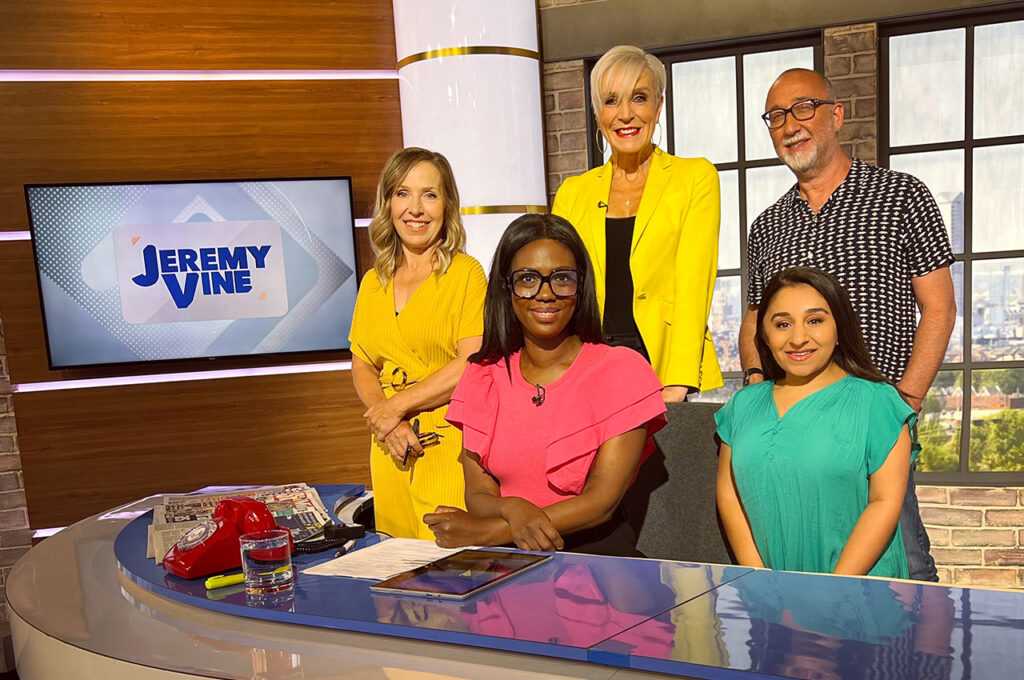
When asked about whether the problem of society being built on ableist values can be solved, Shani replies: “I don’t think it will be solved in my lifetime, but I am hopeful that we are moving towards a more accessible society."
We [as disabled people] don’t have privilege or power, and we don’t have disabled people in decision-making positions, and when they are, they’re probably not taken as seriously as perhaps their non-disabled counterparts.
Shani recounts a recent anecdote from when she questioned London Mayor Sadiq Khan about the importance of prioritising accessibility.
“He said that when he started to install lifts in the tube stations, I thought I was doing it to help disabled people. But he said that he didn’t realise that he was also winning the vote of parents, because it suddenly made tube stations accessible for them and their pushchairs.
“So I feel like, he got it. So what’s it going to take for people to add that kind of accessibility to everything else?”
At 35, Shani has achieved more in her career than most might reasonably expect to achieve in a lifetime. She has been showered with awards and accolades, her influence has been recognised time and time again, and she has appeared countless times in the press, on TV, and online. With all this success, Shani’s proudest achievement may come as a surprise.
She says: “Graduating from university, I never thought I’d go. It was something I worked so hard for, and it’s one of my proudest achievements."
“If I didn’t graduate then I don’t think these other things would have happened. That was a real catalyst for me and I think it’s why I speak so passionately about my time at the University of Wolverhampton."
